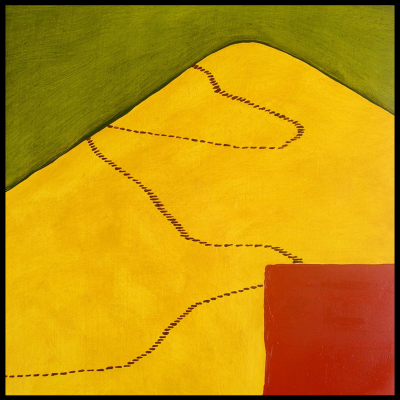Some organic gardeners swear by manure. Others swear they’ll never touch it. To the first group, it’s the ultimate one-stop soil conditioner, complete with built-in fertilizers. To the second, conventional manure is contaminated with hormones and antibiotics, and even organic manures can contain human pathogens.
Both groups are right, and the only way to make an informed decision about whether or not to use manure is to become better informed about it. So just how wonderful a conditioner is manure? What problems can it cause? And how can they be managed or avoided?
My guest this week is uniquely qualified to answer these questions. He’s Frank Larney, a soil scientist with Agriculture and Agri-Foods Canada (roughly equivalent to the U.S. Department of Agriculture), where he specializes in soil conservation, including feedlot manure composting and soil restoration with manure.
With Frank’s help, we’ll take a quick tour of the various problems that manures can cause, from air and water pollution to soil degradation, before turning to some of Frank’s research. He has done studies on how many pathogens disappear during composting (99.9%) and how long this takes (one week), and on how composting affects pharmaceuticals (they drop to undetectable levels) and again, how long this takes (six to eight weeks).
He’s also been involved in long-term studies that measure for how long a single application of manure to degraded soil can improve crop yields. Want to know the answer? Twenty-two years. And counting.
In the end, each gardener will have to decide for herself (or himself) whether or not to use manures. This program doesn’t try to direct that decision. But it does provide some information that might help.
This week’s Gardening Tip draws on the interview to suggest how back-yard gardeners should and shouldn’t use manures.
The parallel post on the blog, The Manic Gardener, will include links to some of Frank Larney’s papers for the intelligent layperson.
